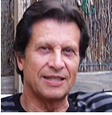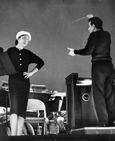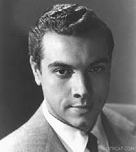“Nothing Is So Firmly Believed As That Which Is Least Known.” [Francis Jeffrey, 1773-1850] Outside the opera world, and among the general public, there has always existed an air of mystery—one could also call it ignorance—regarding the actual procedure and amount of time involved in learning an operatic role.
The public in general is not aware that preparing an operatic role in order to perform it either on the stage or for the purpose of recording it differs considerably from the work of singers active in other musical spheres. Opera singers have a number of roles, also known as repertoire, which they perform regularly in a number of theatres. It’s of the utmost importance that they study a role thoroughly in order to become familiar with its various aspects—vocally, musically and histrionically, but particularly vocally—until, to use a singer’s terminology, the role is well and truly “in the voice.” The standard practice is to learn a role with a repetiteur (or coach) that will go over the part on the piano with the singer in question.
Preparing for the Operatic Role
The reason for this long preamble, in case you are wondering, is that I was astounded to read the following in an article by Derek Mannering that was published in the April 2012 edition of The Legacy of Mario Lanza newsletter. In it Mannering states, “I spoke with Richard Mohr (RCA A&R producer) and asked him why RCA chose not to record Lanza in full-length operas.” According to Mannering, Mohr seemed genuinely surprised by the question, as he no doubt would have been!
On the other hand, for Lanza to record any of the roles he had learned in the past would have meant re-studying them again, entailing months of work. Does Mannering really think Lanza could have accomplished this while based in Hollywood making movies? After all, Lanza had cancelled the planned Traviata scheduled in New Orleans in 1949 precisely because he didn’t have the necessary time to learn the role of Alfredo.
| |


